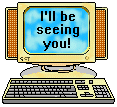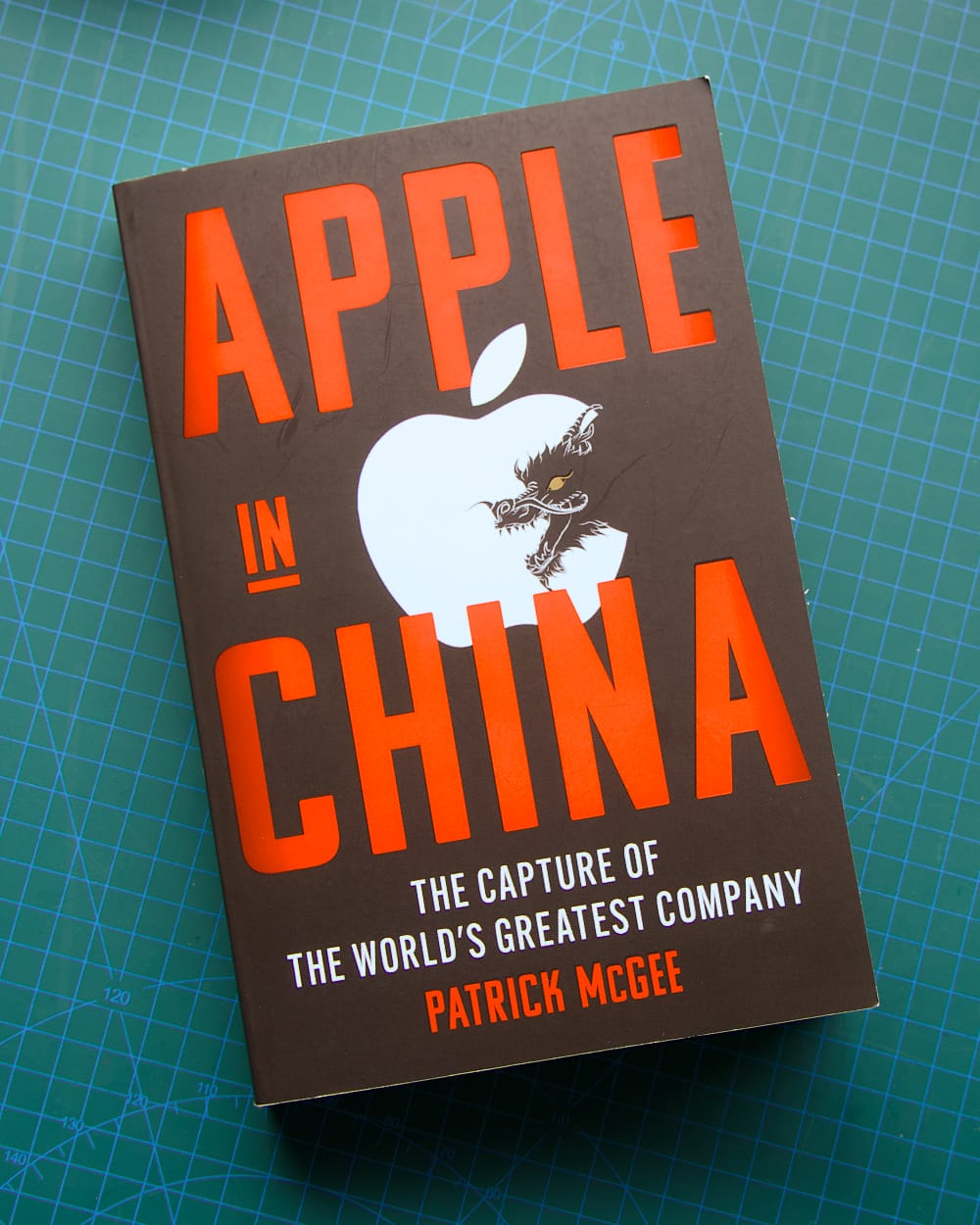
After watching a video of Jon Stewart interviewing the author of a new book about Apple that the YouTube algorithm correctly assumed I'd be interested in, I purchased the book and read it in a record breaking (for me) three days. That book is Apple in China by Patrick McGee and as someone who has read more books about Apple than any other topic I've read books about, I think it's an excellent overview of the existential crisis facing Apple right now and how they got there.

Here's some highlights and random thoughts about Apple in China I wanted to share:
The story that stuck with me the most after finishing the book was an event in an Apple store in Pudong described by a person present as "a mini–Tiananmen Square". A group of 7,000 iPhone scalpers bused in by crime gangs from remote villages started a riot when the store ran out of iPhones. Police and security guards got rid of most of them but 1500 remained, refusing the leave without an iPhone. Eventually it escalated to the point where some a SWAT team-style group of 100 police were called in and brutally bashed the stubborn scalpers so badly that "part of the tiled floor was left so bloodstained that Apple had to replace the stones". I knew that Apple did really well in China, but the demand at the time (iPhone 4 - iPhone X era) was way more intense than I realised.
A constant theme is how naive Apple was about China. Absolutely no political skill, shooting themselves in the foot multiple times and an almost pig headed refusal to realise that Chinese culture is very, very different to "western" (American/British) culture. It took them a long time to grasp concepts like ask vs guess, "face" and the difference between rule of law and rule by law. Then again, Apple is intensely American and Americans are dumb as fuck when it comes to other countries, so I shouldn't be surprised it took them a solid decade until they started taking the cultural differences seriously.
You've gotta hand it to the Chinese for totally outplaying Apple. It wasn't their intention, but they quickly realised they had Apple by the balls and Apple got sucked in like the greedy capitalist pigs they are. The Chinese government empowered in various ways, companies like Luxshare, Biel Crystal, GoerTek, BOE, BYD and dozens of others in order to make them irresisitble to Apple. They'd then be absolute knowledge sponges, with Apple training them how to build the best electronics in the world. Apple didn't even realise they're doing it for over a decade until one day it was like "shit, we gave away the secret sauce and now we can't leave". China learned from that and did the same thing with Tesla - let them build a factory in Shanghai and got them to teach their workers how to build the best EVs. Now look at the Chinese EV industry. It worked for Apple and Tesla - but for the rest of the US industrial base? Fuck you, I got mine.
One particularly sad chapter is about the struggles of Jacky Hayne, Apple's former head of Supplier Responsibility. She was brought in during the period of constant bad news about how the workers making Apple products were treated. While she set all these labour targets and conditions for the factories, other teams in Apple would set such insane production targets that the only way to achieve them and get paid would be to totally ignore the working conditions she came up with. While Apple would talk big that they care about the workers, their actions demonstrated the opposite. There's many examples in the book where Apple pathetically compromised its ethics to keep the iPhone rivers of gold flowing instead of taking the high road.
If you're an Apple nerd like me who hasn't been paying as much attention to the company the last decade as you did the decade before, I would say it's the perfect way to catch up on what Apple has been up to. China moulded Apple post-Steve Jobs in a way that is absolutely not obvious if you just think Apple uses China as cheap labour. China's imprint on the world's largest and arguably most profitable company is so much more than that and I would dare say that Apple is as much a Chinese company as it is an American one now.
